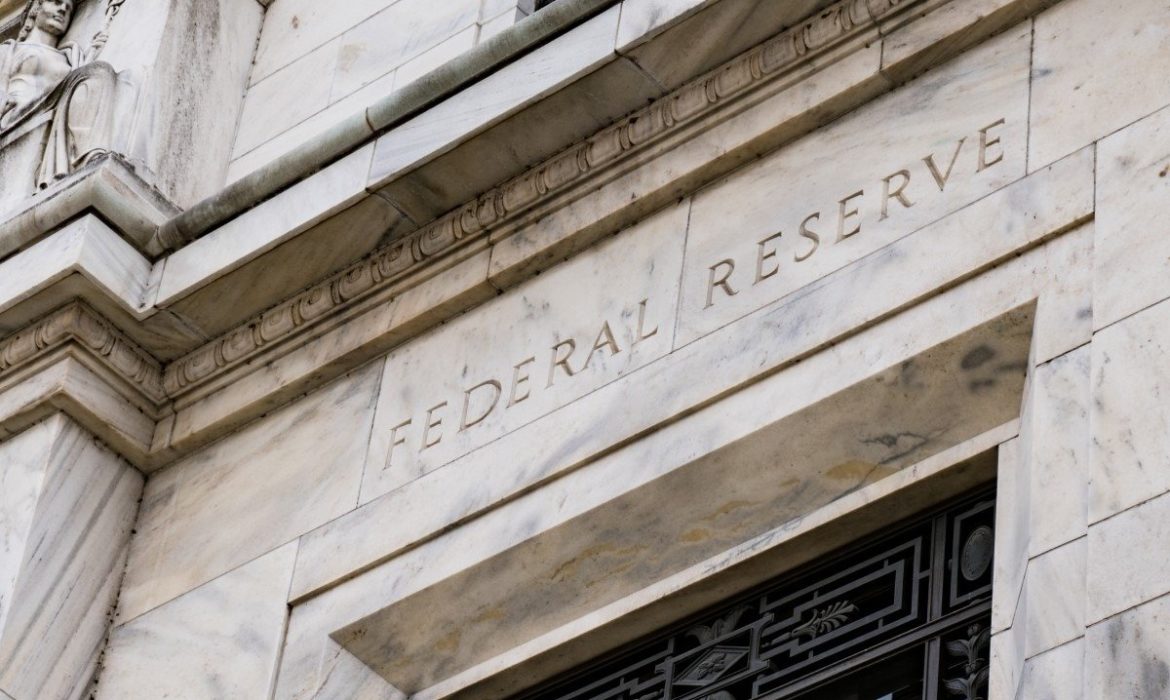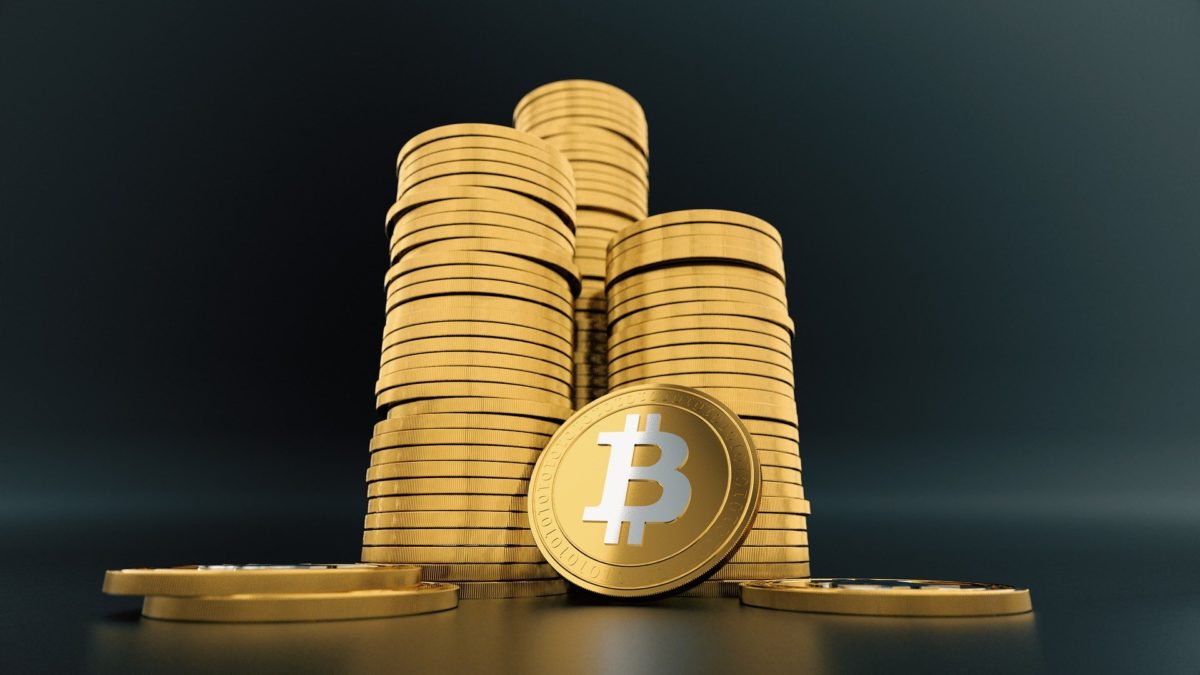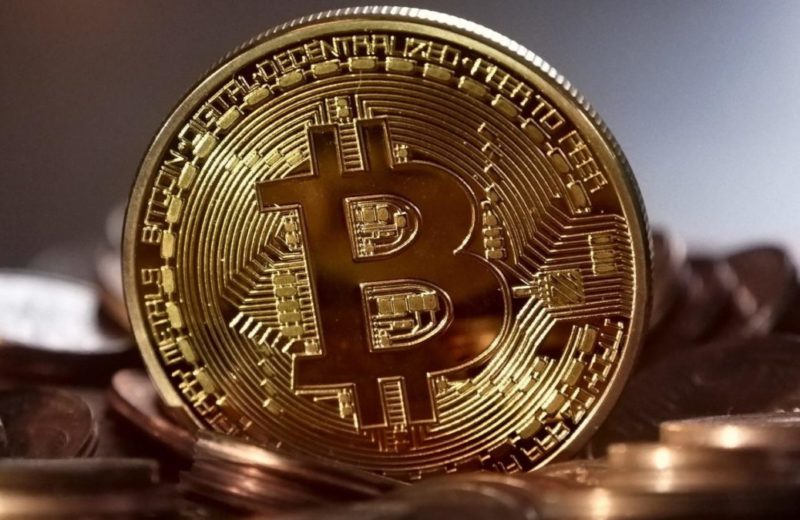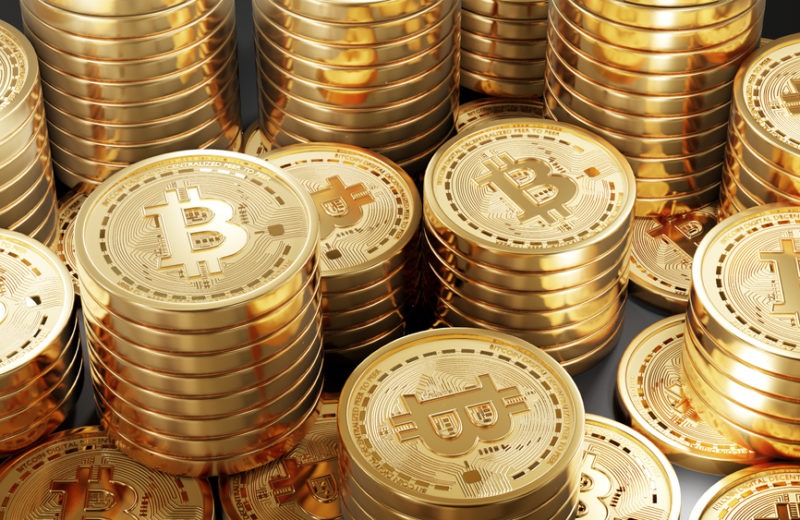The upcoming Federal Reserve speech will focus on rising inflation. That is what many suggest. Winklevoss argues that this is only good news for BTC/USD.
BTC (Bitcoin) gets most of its price support from the Federal Reserve itself. That is what entrepreneur Tyler Winklevoss believes.
The Gemini exchange co-founder argued, in a tweet on August 25, that Federal Reserve policy is and will continue to bolster Bitcoin’s fortunes.
Winklevoss said that the reason is that the fallout from COVID-19 containment measures across the United States’ economy will mean that the central bank accidentally makes Bitcoin more appealing and the dollar less so.
Jerome Powell is the Federal Reserve chairman. On Thursday, he will deliver a speech that commentators forecast will contain an announcement on letting inflation rise dramatically.
Bitcoin has a fixed supply and unalterable issuance. That alone makes Bitcoin instantly attractive.
Federal Reserve and Bitcoin
Winklevoss wrote that, under the leadership of Jerome Powell, the Federal Reserve continues to be Bitcoin’s biggest booster.
Anticipation around the Federal Reserve inadvertently plugging safe havens such as Bitcoin and gold has been building. Both assets see price surges in line with rises in the balance sheets of central banks.
Edward Yardeni is president of Yardeni Research. Earlier this month, he said that heightened inflation targets would be ‘wildly bullish’ for precious metals.
Bloomberg is reporting that interest rates remained near zero for five years. The potential for more prolonged periods is thus not ruled out.
This would mimic the aftermath of the 2008 Global Financial Crisis. It saw rates kept unchanged at near 0% until the end of 2015.
Jason Furman is an ex-chief White House economist. He told the publication that he would not be surprised if interest rates are still zero five years from now.
So far, the Federal Reserve has steered clear of negative interest rates. Thus, it diverged from a practice that has been present under the auspices of ECB (European Central Bank).















